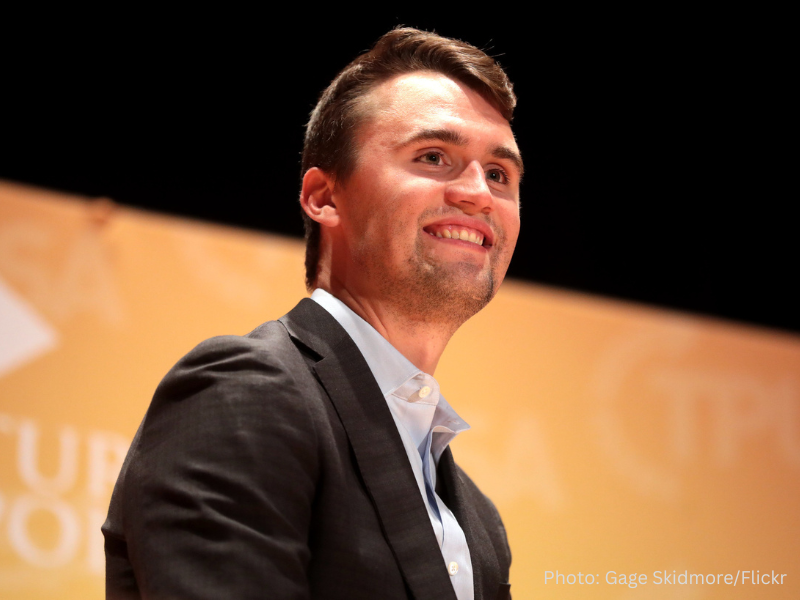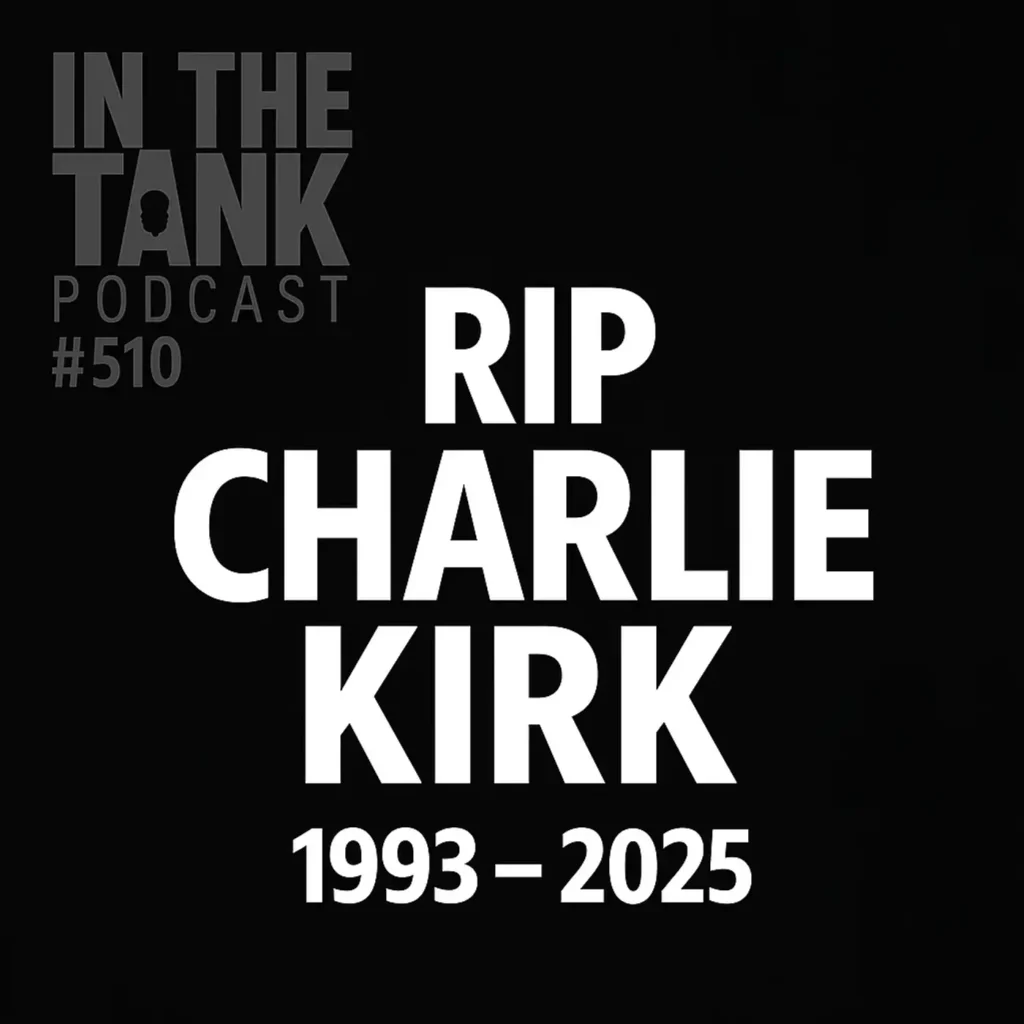John Oliver is a comedian by night and net neutrality activist by day, as host of HBO’s “Last Week Tonight.” On Sunday night, he implored four million viewers around the world to file comments with the Federal Communications Commission to save net neutrality, the principle that all Internet traffic be treated equally. He directed his viewers to his FCC comment-filing website, “GoFCCYourself.com.”
It was the second time Oliver devoted his nightly comedy show to supporting net neutrality. The first time was in 2014, when his comedic rant mercilessly harangued former Democratic FCC Chairman Tom Wheeler into submission.
Net neutrality activists credited Oliver’s diatribe, and the online comments it produced, as the action-forcing event that ultimately convinced the FCC to regulate ISPs like monopoly telephone utilities and to guarantee net neutrality.
This time, Oliver criticized Republican FCC Chairman Ajit Pai for starting an FCC rulemaking process that could undo Oliver’s 2014 comedic handiwork, and reinstate longstanding pre-2015 FCC policy.
Is net neutrality policy the joke here? Or is the joke really that net neutrality activists think late night comedy is the most effective way for them to influence the FCC on public policy?
To be successful in 2015, John Oliver’s first comedic rant only needed to put pressure on one person, then FCC Chairman Tom Wheeler. He already was a staunch supporter of net neutrality, and only had to be persuaded to propose that the FCC consider a second option of protecting net neutrality in addition to the “roadmap” the appeals court gave the FCC.
It was President Obama’s public call for “strongest possible” Title II utility regulation of broadband that ensured a 3-2 partisan vote for the 2015 Open Internet order.
Does anyone in the net neutrality movement really think the situation now is analogous to the political circumstances where Oliver was credited as net neutrality’s secret weapon and political irresistible force?
The FCC’s current Republican majority, led by Chairman Pai, is ardently opposed to the heavy-handed, Title II utility-grade, net neutrality regulation. Their vociferous dissents to the 2015 FCC’s order, and every public comment they have made since, indicates they are not changing their mind on this.
Congress and President Trump are not likely to listen to John Oliver either. In March, House and Senate majorities easily overturned the FCC’s Title II net neutrality broadband privacy order in a Congressional Review Act vote. In April, Trump signed the repeal into law.
After a decade of trying, net neutrality activists have yet to win a single Republican congressman or senator to support Title II net neutrality.
In addition, it is telling that net neutrality has not had much electoral success among Democrats either.
In the 2010 midterm elections, the Progressive Change Campaign Committee got 95 of the 950 plus candidates for the U.S. Senate and U.S. House of Representatives that year to sign the Net Neutrality Protectors Pledge. “I believe in protecting net neutrality – the First Amendment of the Internet.”
All 2010 pledge signees lost – a 0-95 electoral record. They wisely have not tried that stunt again.
In the 2016 Democratic presidential primary process, the intellectual leader and organizer of the U.S. net neutrality movement, Harvard Law Professor Lawrence Lessig, was unable to poll well enough to participate in the party’s formal presidential primary debates.
What does it tell us, that net neutrality activists must resort to late night comedy stunts to get any material political attention? It’s that they are much better at conjuring up the perception of significant political power than they are at delivering votes at the ballot box.
Is there a political wildcard here? It isn’t likely.
Net neutrality supporters warn that Congress is going to receive a “tsunami” of FCC comments and letters, and that Internet protest “black-outs” will occur. They say it will scare the FCC, the Trump administration, and/or Congress into political submission on the Title II net neutrality matter.
If there is a political wildcard here, it is the handful of Internet networks that individually or together command that much potential political power. Among them are Google-Android-YouTube-Cloud; Facebook-Messenger-Instagram; Amazon-Prime-AWS; and Microsoft-Azure-Linked-in.
These four unregulated companies are worth $2 trillion, have unmatched media influence, and command dominant market shares in multiple communications-related markets.
That said, it would be very surprising if any of these unregulated, monopoly-level technology companies would risk making a high-profile, public case that competitive communications companies warrant the “strongest possible’ preemptive utility regulation. These four unregulated networked companies know they have inherently discrimination-based business models.
Those who live in glass houses should not throw stones.
[Originally Published at the Hill]



